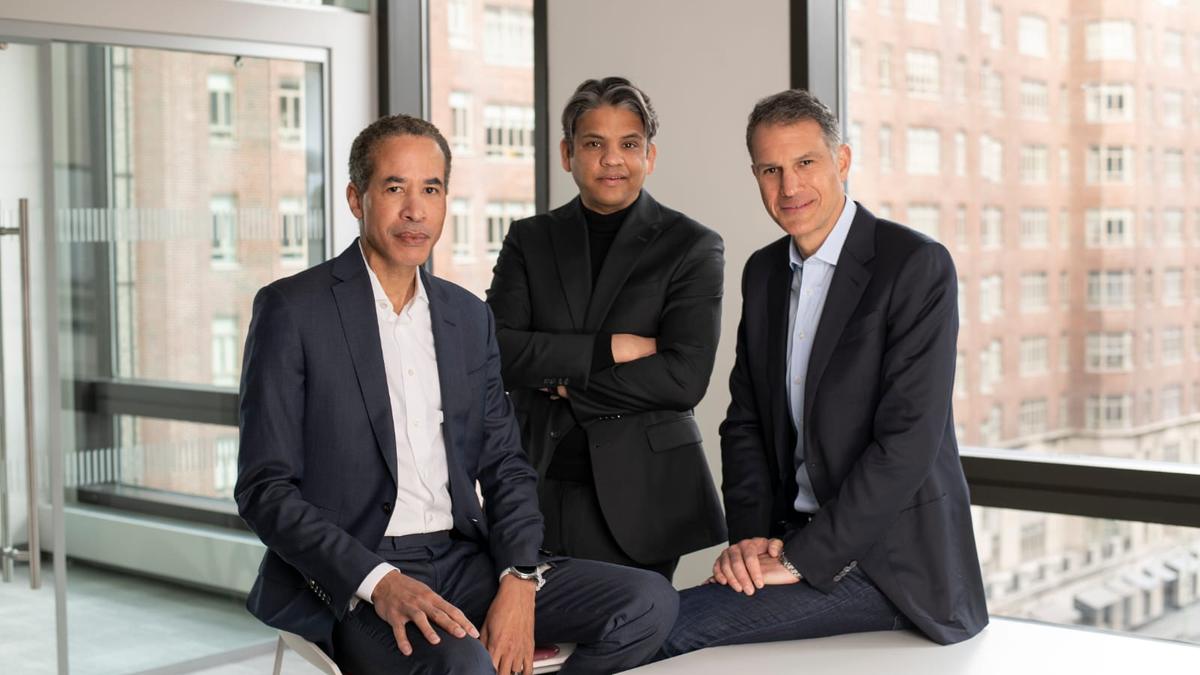
IndiGo CEO Pieter Elbers. File
| Photo Credit: Reuters
Poaching of Indian pilots on a large scale would be “disturbing” as public and private players in the aviation sector were making big investments in adding new planes and developing airports, said IndiGo CEO Pieter Elbers.
The CEO was explaining the rationale behind a working paper presented by the Indian government before the UN’s aviation safety body, International Civil Aviation Organisation (ICAO), calling for a mechanism to curb poaching of Indian pilots by foreign carriers. Government sources said the paper was presented at the behest of the industry and was primarily about Indian aviation professionals migrating to Gulf carriers.

“Both IndiGo and Air India are making massive investments in buying new planes, and now we are collaborating with schools. There are both public and private sector investments in developing airports and other infrastructure. In that context it would be a bit disturbing if you have large groups of people being poached and moved away,” Mr. Elbers told The Hindu in an exclusive interaction earlier this month.
On whether attrition was a concern for IndiGo, Mr. Elbers said it “goes a bit up and down,” but emphasised the need for “stability“ to enable long-term planning as airlines were investing in planes for the next 20 to 25 years.
The working paper titled ‘Practices Impacting Orderly Conduct of International Civil Aviation’ called for a “code of conduct” among Member States to regulate cross border staff recruitment on the ground foreign airlines recruiting skilled personnel from Indian carriers that include pilots, engineers, technicians, and cabin crew disrupted the planned growth of domestic players.
The paper was submitted to the ICAO in August ahead of its General Assembly meeting in the last week of September to be taken up for discussion.
“The impact is particularly severe for specialised roles such as AMEs [Aircraft Maintenance Engineers] and type-rated pilots [pilots trained on specific aircraft types], where replacement training can take months or even years. This practice creates an unfair competitive disadvantage where Indian carriers effectively subsidise the training costs of foreign airlines while bearing the operational disruption costs themselves,” the paper asserted.
However, India’s proposal failed to garner majority support at ICAO.
Against labour market
“While the Commission expressed appreciation for the issues raised in the working paper, it noted the majority of States did not support the action items presented in the paper as these were considered to undermine the core principles of labour market competition. The Commission agreed with the views expressed by several States that these issues should be dealt with at a national level and do not fall within the purview of ICAO,” according to a source from International Federation of Air Line Pilots Associations, which also presented a counter paper. Pilot groupings have contested India’s stance and said the proposal violates fundamental rights by restricting Indian professionals from seeking lawful employment overseas and fails to diagnose the root cause for pilots migrating due to dissatisfaction over poor working conditions, lack of contractual security, limited upward mobility and a lack of standardised pay structure.
Duopoly dynamics
“This proposal risks institutionalising a form of bonded labour in a duopoly environment, where Indian pilots may be locked into employment with a single airline under unilateral and ever-changing service conditions,” said Air Line Pilots’ Association-India which is affiliated with IFALPA.
The collapse of Jet Airways and Go First over the past six years has left most aviation professional, including pilots, with limited options, primarily IndiGo and Air India. Of which Air India has introduced new employment terms for pilots to reduce their minimum guaranteed pay; and where salaries remain unchanged the nature of flying has become more demanding as in the case of IndiGo, including more night flights. These conditions mean Indian pilots continue to seek better-paying airlines offering tax free opportunities in nearby regions that actively hire international crew. Some candidates seeking employment with Emirates speak of undue delays by DGCA officials in issuing final clearances required by their new employers, suggesting possible behind-the-scenes resistance. There already exists an unspoken agreement between Air India and IndiGo that together enjoy over 90% of the market share to not to hire pilots from each other, allege pilot groups.
While proposing a Code of Conduct, the Working Paper references the DGCA’s 2017 rule where the regulator for the first time determined notice period for pilots imposing one year for pilots-in-command and six months for first officers. This was until then only part of employment contracts with 3-6 months of notice period being the norm. However, the Delhi High Court in 2018 put a temporary stay on this rule.
Published – October 21, 2025 10:22 pm IST


